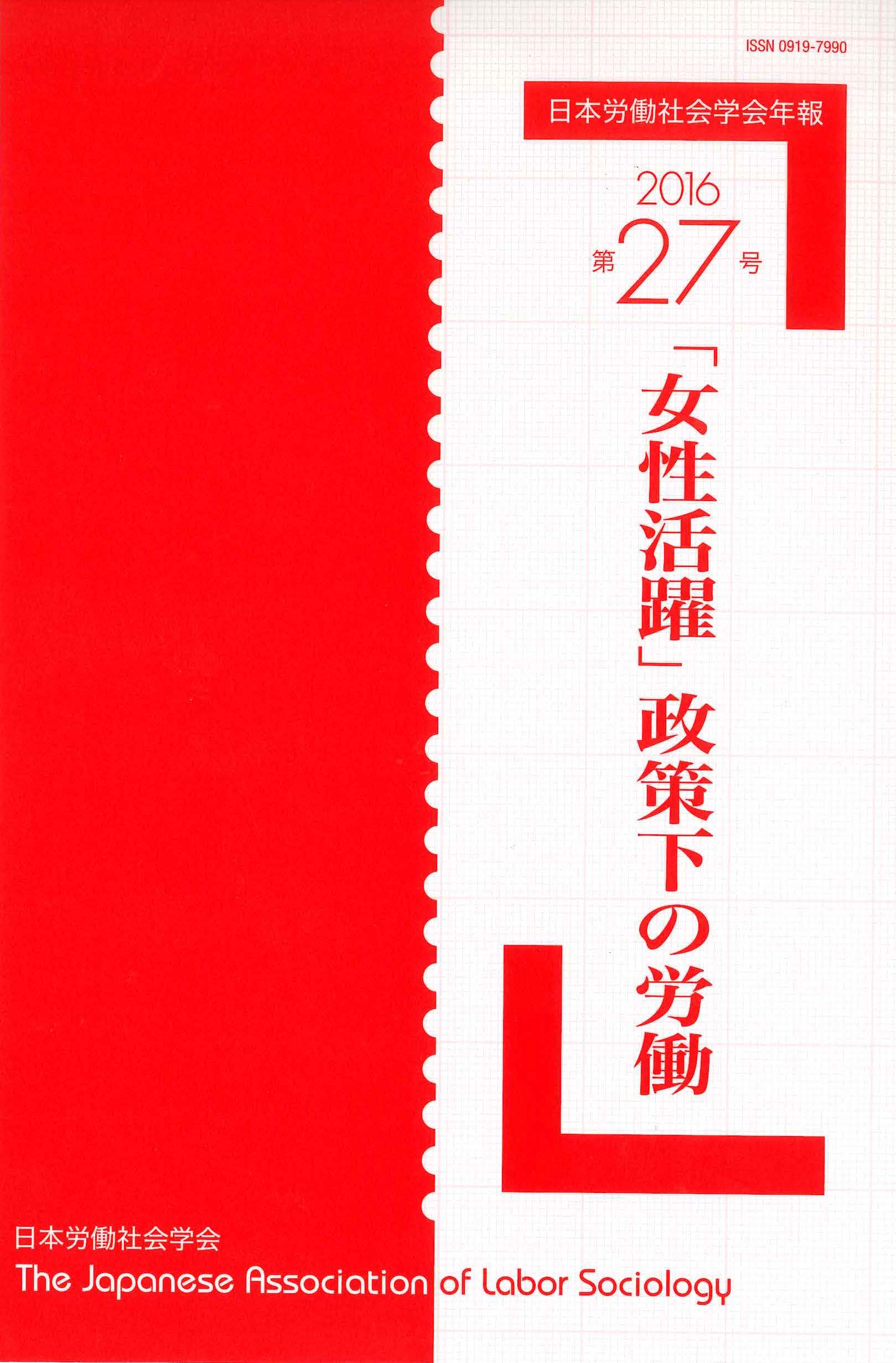The Issues of Death at Special Nursing Homes for the Elderly: An Empirical Examination of Care Laborers’ Experiencing Unexpected Sudden Death of Elders Koji MITSUHASHI (Mejiro University)
The purpose of this paper is to empirically examine issues of death at special nursing homes for the elderly in Japan, specifically the issue of care laborers‘ experiencing unexpected sudden death of elders in the facilities. N. Denzin (1989) uses the concept of “Epiphany” as one’s emotional experience that comes about in his/her personal troubles, and that changes his/her life dramatically. According to Denzin, however, because Epiphany is related not just to personal troubles, but to institional issues, focusing a study on one's emotional experience could reveal underlying institution-related causes of such experience. Influenced by this point of view, this paper focuses on care laborers‘ emotional experience caused by unexpected sudden death of elders in the facilities in order to bring out possible institutional issues behind such event.
The Issues of Death at Special Nursing Homes for the Elderly: An Empirical Examination of Care Laborers’ Experiencing Unexpected Sudden Death of Elders Koji MITSUHASHI (Mejiro University)
The purpose of this paper is to empirically examine issues of death at special nursing homes for the elderly in Japan, specifically the issue of care laborers‘ experiencing unexpected sudden death of elders in the facilities. N. Denzin (1989) uses the concept of “Epiphany” as one’s emotional experience that comes about in his/her personal troubles, and that changes his/her life dramatically. According to Denzin, however, because Epiphany is related not just to personal troubles, but to institional issues, focusing a study on one's emotional experience could reveal underlying institution-related causes of such experience. Influenced by this point of view, this paper focuses on care laborers‘ emotional experience caused by unexpected sudden death of elders in the facilities in order to bring out possible institutional issues behind such event.
View full abstract
